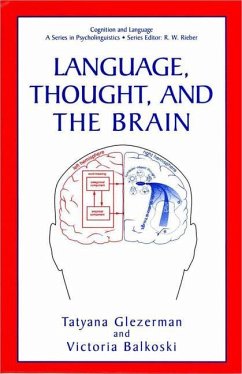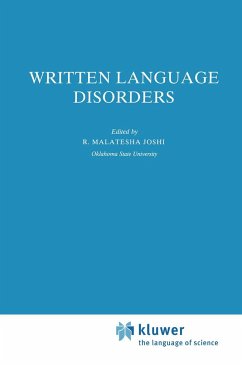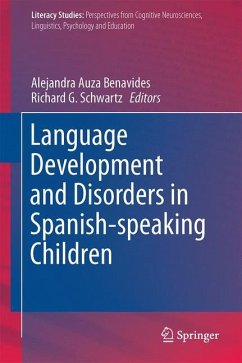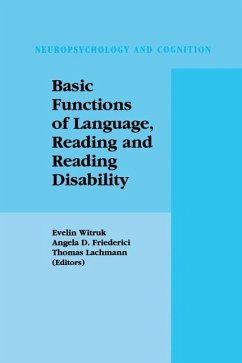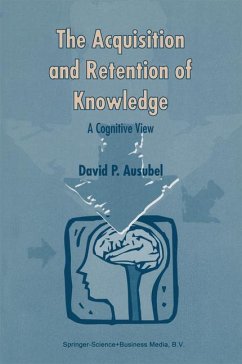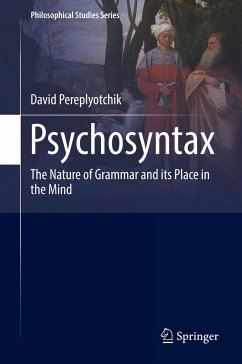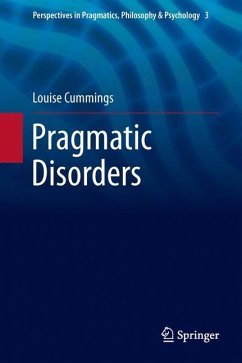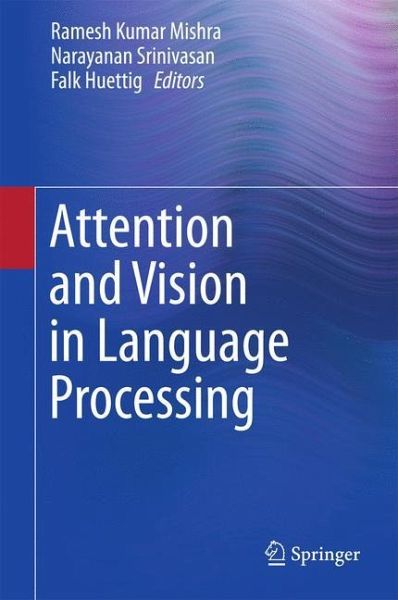
Attention and Vision in Language Processing

PAYBACK Punkte
49 °P sammeln!
This volume provides a comprehensive overview of the nature of attentional and visual processes involved in language comprehension. Key concerns include how linguistic and non-linguistic processes jointly determine language comprehension and production and how the linguistic system interfaces with perceptual systems and attention.Language scientists have traditionally considered language in isolation from other cognitive and perceptual systems such as attention, vision and memory. In recent years, however, it has become increasingly clear that language comprehension must be studied within inte...
This volume provides a comprehensive overview of the nature of attentional and visual processes involved in language comprehension. Key concerns include how linguistic and non-linguistic processes jointly determine language comprehension and production and how the linguistic system interfaces with perceptual systems and attention.
Language scientists have traditionally considered language in isolation from other cognitive and perceptual systems such as attention, vision and memory. In recent years, however, it has become increasingly clear that language comprehension must be studied within interaction contexts. The study of multimodal interactions and attentional processes during language processing has thus become an important theoretical focus that guides many research programs in psycholinguistics and related fields.
Language scientists have traditionally considered language in isolation from other cognitive and perceptual systems such as attention, vision and memory. In recent years, however, it has become increasingly clear that language comprehension must be studied within interaction contexts. The study of multimodal interactions and attentional processes during language processing has thus become an important theoretical focus that guides many research programs in psycholinguistics and related fields.





